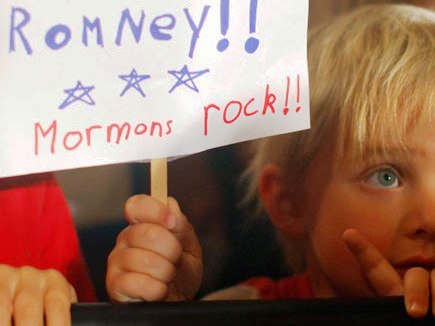Faith-related assessments of damage from Hurricane Katrina are hard to come by and people are dispersed so widely that some pastors have no clue how their congregants are doing. With communication breakdowns, official counts on deaths and damage often are not yet available, denominational leaders say.
Gwen Green, communications coordinator for United Methodist churches in Mississippi, said efforts to contact pastors and churches are continuing.
"Communication is very difficult because phone service has been out, so we're doing a lot of word of mouth, who's seen who," she said. In yet another dilemma surfacing in the hurricane's aftermath, not only are biological families separated but church families are, too.
"That's one of the toughest things," said Pastor Fred Luter, leader of the now flooded-Franklin Avenue Baptist Church, a New Orleans megachurch. "It's not the building. I have no idea where our members are."
The Southern Baptist minister spoke in a phone interview from Dallas, where he managed to fulfill a long-scheduled speaking engagement, but he and his wife are staying with their daughter in Birmingham, Ala., while they wait for the waters to recede.
Some congregations are not able to meet at all while others are gathering without the buildings where they long have worshipped. At the Episcopal Church of the Redeemer in Biloxi, Miss., the pews were splinters, the brick bell tower a pile of rubble.
But on the first Sunday (Sept. 4) after the hurricane, congregants came to give thanks for their survival and to pray for mercy. More importantly, it was their first chance to find out if friends and neighbors survived.
Thomas Walter was the church's caretaker for 16 years, and to see it in shambles broke his heart. But it was the sight of Jolove and Shirley Thornton, fellow churchgoers, that made him cry.
"Jo!" he yelled, and then they held one another tightly. "I thought you had gotten out of here, and then I saw your car was still here, and I said, `Oh no!"'
Thornton explained that they couldn't get away in time, and had to ride out the storm, going from rooftop to rooftop until they were eventually rescued.
"I kept telling God, `I am not going to die here,"' Thornton said. "We wouldn't have survived without his help."
Walter raised his eyes to the sky. "These are the miracles right here," he said.
The Rev. Harold Roberts, who preached from a borrowed Bible on the grounds of the destroyed building, said seeing his congregants again renewed his faith. He announced that no one from the congregation, as far as he knew, was killed.
Other religious groups are still trying to find out the status of their clergy and their buildings. Staffers who have relocated to offices away from the damage are trying to piece together reports from the field.
Bishop Thomas J. Rodi of the Catholic Diocese of Biloxi, Miss., told officials who reached him by cell phone from the U.S. Conference of Catholic Bishops that at least 20 percent of his diocese's churches had been destroyed, along with one-third of its schools.
In an online statement, Archbishop Alfred C. Hughes of New Orleans urged priests to contact the diocesan director of priest personnel at a Baton Rouge, La., phone number to report their whereabouts.
"Since we cannot return yet to significant segments of the archdiocese, we are developing a pastoral plan to offer priestly ministry for New Orleanians in areas where there is a significant concentration of evacuees," he wrote.
Other religious groups, too, have had information trickle in. Episcopal Bishop Duncan M. Gray reported in a statement to his diocese that it appears that six Episcopal churches were completely destroyed in the Diocese of Mississippi while many others were seriously damaged. The Presbyterian News Service reported that Katrina had damaged more than half of the churches affiliated with the Presbyterian Church (USA) in south Louisiana and destroyed six in Mississippi. The Rev. Bill Sinkford, president of the Unitarian Universalist Association, reported that three New Orleans-area congregations affiliated with his church are thought to be seriously damaged.
As of Tuesday, Luter had made contact with a slim percentage of his members.
"I guess out of 8,000 members that we have, I've been able to contact ... less than 100 of them," he said.
But while he was in Dallas, he found some of them at the convention center and Reunion Arena, where some New Orleans residents had been evacuated.
"You don't know who's alive," he said. "You don't know who's dead. Every time you see someone that's alive, it's just rewarding."
He hoped to make more contacts online, but that, too, has been a challenge.
"We're trying to set something up on our Web site," he said. "I'm still trying to locate the guy from the church who's been (in charge of) our Web site."

